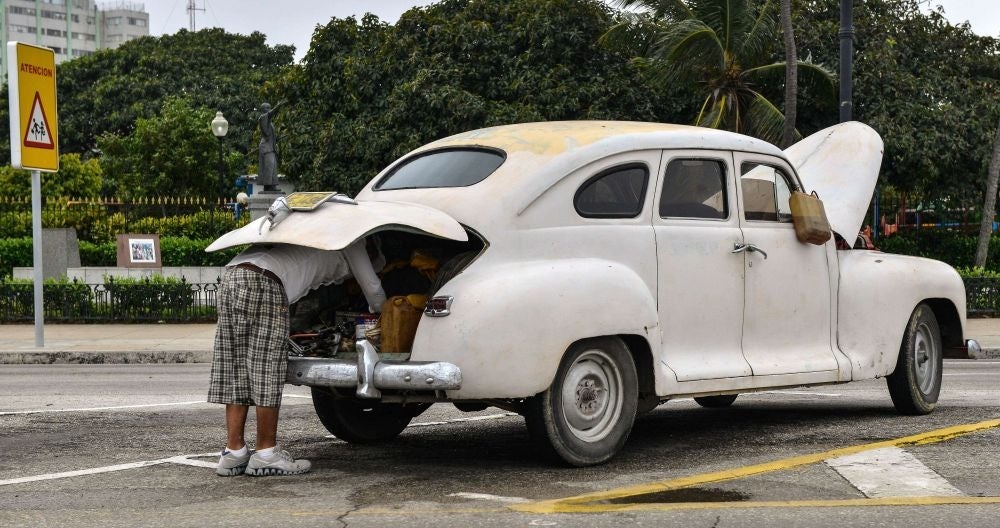Cubans allowed to buy new and used cars - but at hugely inflated prices
Buyers are faced with a 400 per cent mark-up

People in Cuba are now allowed to buy modern cars from state-owned retailers for the first time since the 1950s.
New regulations put into place on Friday allow the sale of “new and used motorcycles, cars, vans, small trucks and mini buses for Cubans and foreign residents, companies and diplomats".
The plans are a part of a new economic plan adopted by President Raul Castro, the younger brother of former president Fidel Castro, who has promoted free-market reforms since 2008.
Read more:
However, only the wealthiest Cubans will benefit as the state has kept its monopoly on new car sales and is marking up prices by over 400 per cent.
The BBC reported that a new Peugeot 508 estate at a showroom in Havana was on sale for $262,000 (£160,000), eight times the price it would be sold for in Britain. A five-year-old Peugeot 206 was priced at $85,000 (£52,000).
With the average wage in Cuba standing at $20 (£12) per month, the new laws do not help the majority of the country’s population.
However, the Cuban Government claims a slice of the profits from sales will be put to improving the Latin American country’s public transport system.
Until laws were loosened in 2011, the country’s Communist government only allowed the sale of cars built before the 1959 revolution.
To buy a new car under the 2011 regulations, drivers needed to have a permit from the government – a privilege reserved for senior officials, top athletes and artists.
Since 2011, Cubans could buy and sell used cars between themselves.
Permits were so scarce they were often traded illegally for large sums of money.
Join our commenting forum
Join thought-provoking conversations, follow other Independent readers and see their replies
Comments